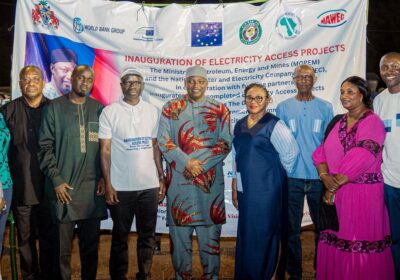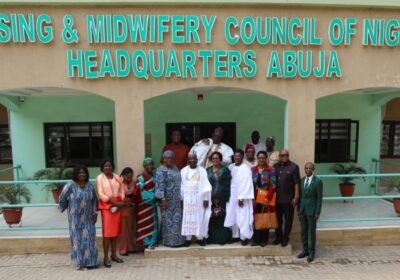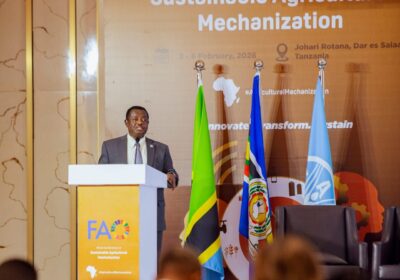DEATH IN DUBAI: ITUC-Africa Calls for Safeguard, Protection, Investigation of Rights of African Migrant Workers.
By Raymond Enoch
The African Regional Organisation of the International Trade Union Confederation (ITUC-Africa) has issued a strongly worded statement demanding urgent action to protect African migrant workers in the United Arab Emirates (UAE) following fresh revelations of trafficking, abuse, and suspicious deaths of African women in the Gulf nation.
In the statement signed by its General Secretary, Akhator Joel Odigie, on September 23, 2025, ITUC-Africa condemned what it described as “egregious breaches” of international laws by the UAE and called on African governments to urgently step up efforts to protect their citizens working abroad.
The alarm was triggered by a recent BBC investigative documentary titled “Death in Dubai”, which laid bare harrowing accounts of African women—mostly from Uganda—who were lured to the UAE with promises of gainful employment only to be kidnapped, trafficked into sex slavery, and subjected to inhumane treatment. The film spotlighted the tragic story of a young Ugandan woman whose mysterious death was hastily ruled a suicide by UAE authorities, despite evidence pointing to foul play.
“The African Regional Organisation of the International Trade Union Confederation is deeply alarmed by the continuing abuse, trafficking, and violence faced by African migrant workers in the United Arab Emirates. We condemn these attacks,” Odigie declared.
According to ITUC-Africa, the inaction—and in some cases, complicity—of UAE authorities in these abuses is unacceptable and contradicts the country’s obligations under international law. The UAE is bound by several legal frameworks, including the International Labour Organisation (ILO) Conventions No. 97 and 143 on the rights of migrant workers, as well as the International Convention on the Protection of the Rights of All Migrant Workers and Members of Their Families (1990), all of which prohibit the exploitation and abuse of migrant labour.
Furthermore, the UAE is required to uphold ILO Conventions on Forced Labour (No. 29 and No. 105), which ban all forms of human trafficking, coercion, and servitude.
“By failing to enforce protections, the UAE is undermining its own credibility, eroding international trust, and tarnishing its image as a supposed modern hub of commerce and innovation,” Odigie said. “No nation can aspire to global leadership while condoning—or ignoring—the systematic abuse of migrant workers.”
In a direct call to action, ITUC-Africa urged the UAE government to immediately launch investigations and prosecute perpetrators of trafficking and abuse, including those benefiting from official protection. The organisation further demanded that migrant workers—particularly African women—be given unfettered access to justice, legal remedies, and protection mechanisms.
ITUC-Africa also stressed the urgent need to reform the UAE’s controversial kafala (sponsorship) system, which it said enables “modern-day slavery,” allowing employers to control and often exploit the residency status of migrant workers.
“Engaging transparently with trade unions, civil society, and the international community is not optional—it is a necessary step toward eliminating these abuses,” the statement emphasized.
Beyond the UAE, the organisation directed pointed criticism at African governments, particularly Uganda, for their failure to safeguard the rights and dignity of their citizens working overseas.
“We also call on the government of Uganda to follow through with the investigative documentary and to engineer more effective ways to protect Ugandan migrant workers, especially women going to the Middle East to eke a living,” Odigie stated. “The primary burden of care and protection lies with our African governments.”
The call included an appeal for the creation of stronger in-country support systems, more robust diplomatic intervention protocols, and formalized protections in labour export agreements with Gulf countries. According to ITUC-Africa, unless urgent measures are taken, more lives could be lost or ruined.
The organisation warned that it will continue to monitor the situation closely and will not hesitate to escalate the matter through international channels if substantial action is not taken soon. “The global spotlight is now on the UAE. Failing to act decisively will not only damage its image further but also invite stronger international scrutiny and condemnation,” the statement concluded.
With the issue now gaining international attention, pressure is mounting on both the UAE and African governments to move beyond words and deliver concrete protections for some of the world’s most vulnerable workers—those who leave home in search of a better life, only to find death, abuse, or enslavement far from home.









